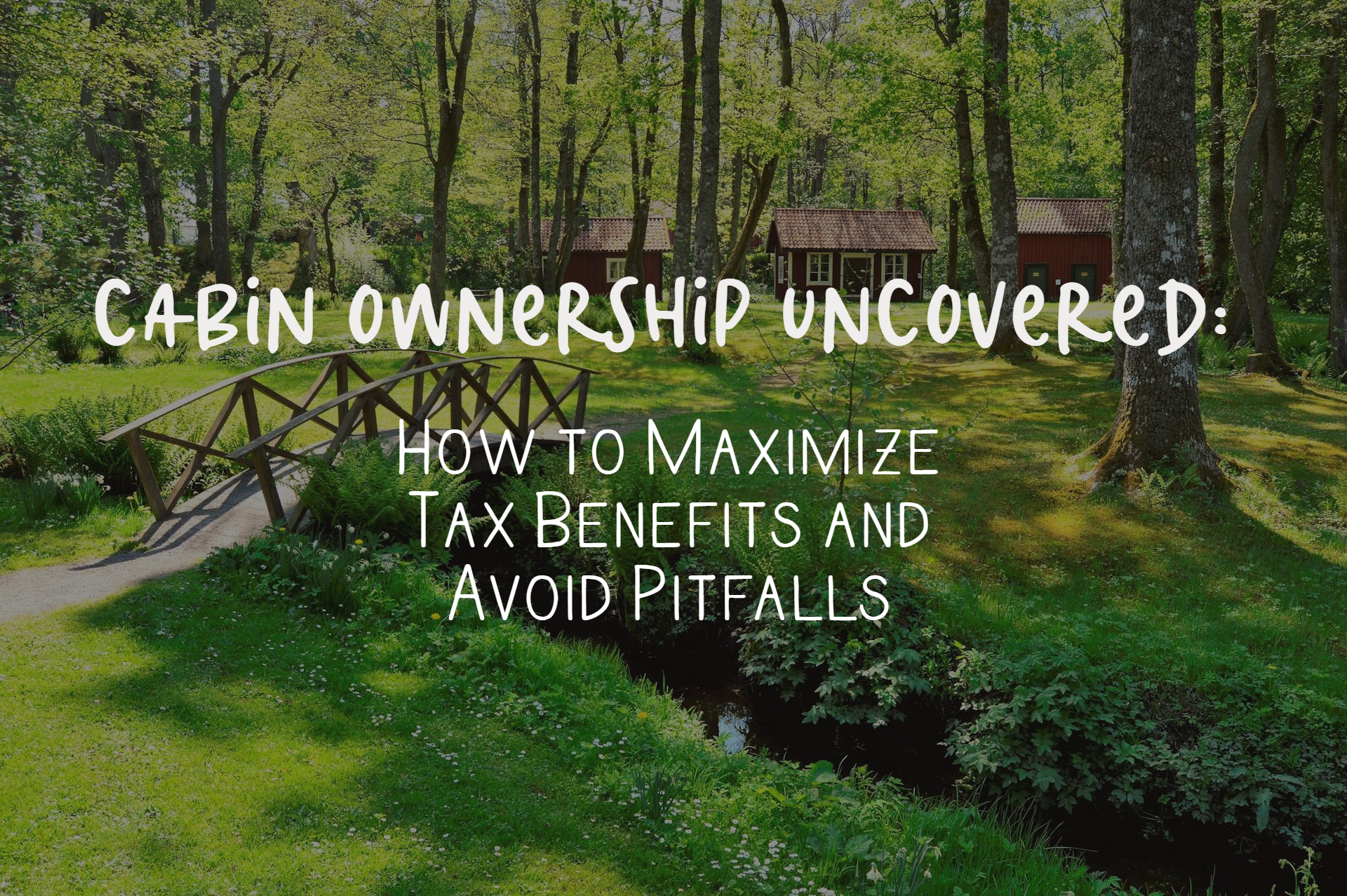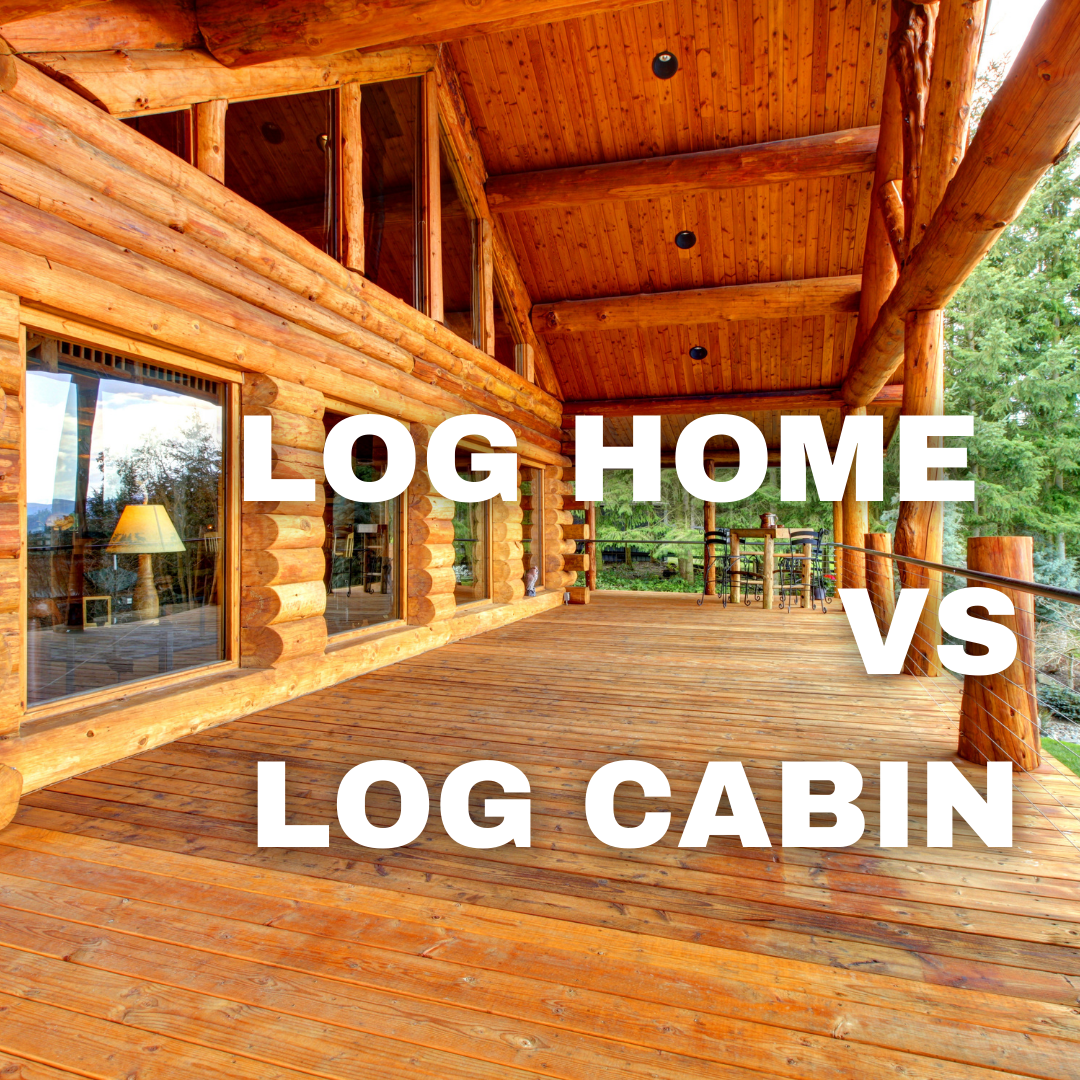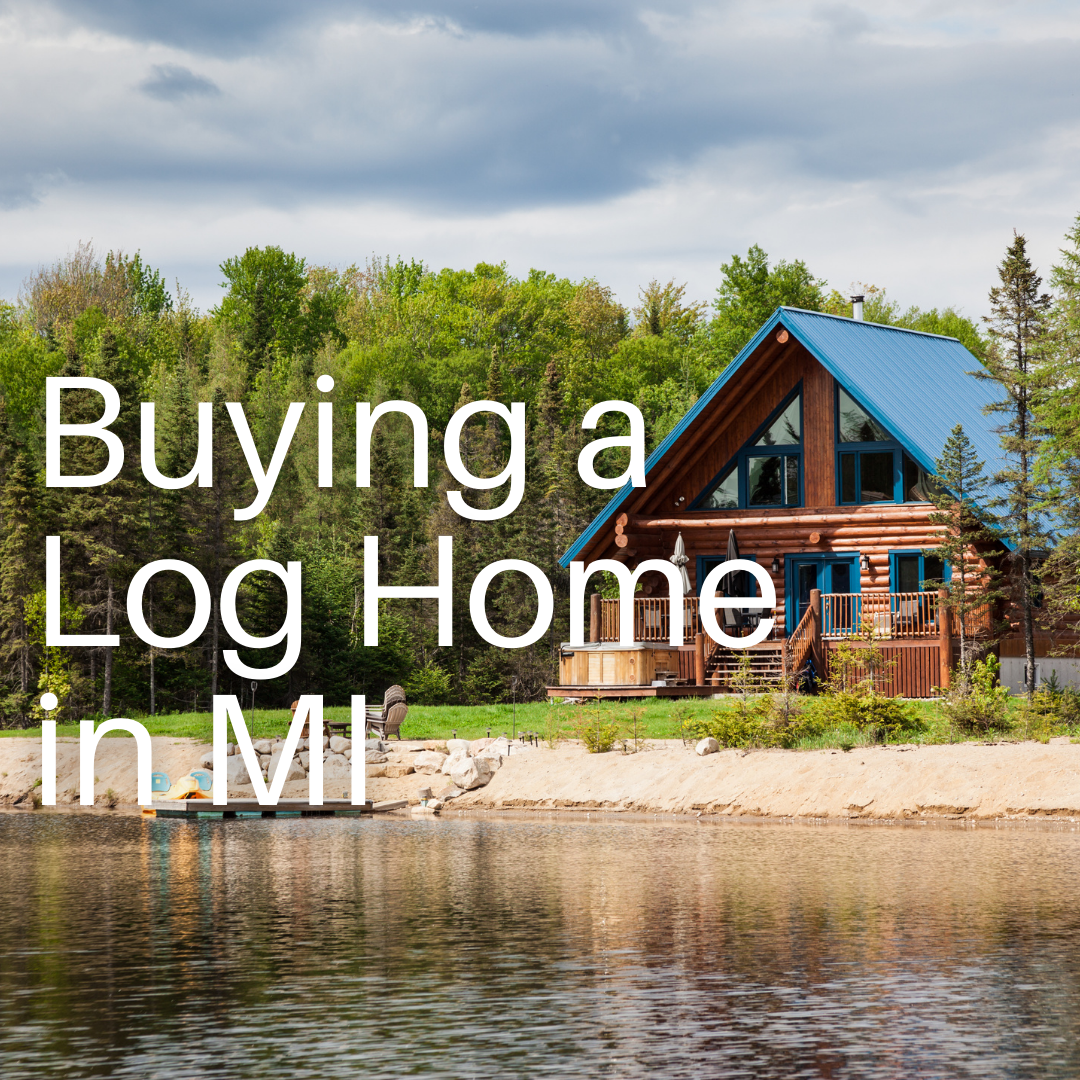Cabin Ownership Uncovered: How to Maximize Tax Benefits and Avoid Pitfalls

Owning a cabin can be a dream come true, offering a tranquil retreat from daily life. However, it’s essential to understand the tax benefits and implications associated with cabin properties to make the most of your investment. Here’s a concise overview to guide you.
Tax Benefits
- Mortgage Interest Deduction: Just like with your primary residence, you can often deduct the interest paid on a mortgage for your cabin. This deduction is particularly valuable in the early years of the loan when interest payments are higher.
- Property Tax Deduction: You can usually deduct property taxes paid on your cabin, potentially lowering your taxable income. However, keep in mind that state and local tax deductions may be subject to limitations based on current tax laws.
- Rental Income: If you rent out your cabin, the income you earn is taxable, but you can also claim deductions for related expenses. This includes maintenance, repairs, and even a portion of your mortgage interest and property taxes, proportional to the rental use.
- Depreciation: If your cabin is used for rental purposes, you may be eligible to depreciate the property over 27.5 years, potentially providing substantial tax savings.
Tax Implications
- Rental Use vs. Personal Use: The tax benefits and implications can vary depending on how often you rent out your cabin versus using it for personal enjoyment. The IRS has specific rules about what constitutes rental use versus personal use, which can affect the deductibility of expenses and depreciation.
- Capital Gains Tax: When you sell your cabin, any profit made is subject to capital gains tax. If the cabin has been used for rental purposes, the gain might be higher due to depreciation recapture. However, if you’ve owned the cabin for more than a year, you could benefit from long-term capital gains rates, which are typically lower.
- Like-Kind Exchange: If you’re planning to sell your cabin and purchase another investment property, a like-kind exchange (under Section 1031 of the IRS Code) may allow you to defer paying capital gains taxes on the sale.
- Estate Planning: Cabins can be significant assets in estate planning. Ensure you understand the implications for inheritance and estate taxes, and consider strategies to minimize the tax burden on your heirs.
Cabin ownership offers numerous tax advantages, but it’s crucial to navigate the complexities of tax laws to maximize your benefits and minimize liabilities. Consulting with a tax advisor who specializes in real estate can help ensure you’re making informed decisions and taking full advantage of available tax benefits.









